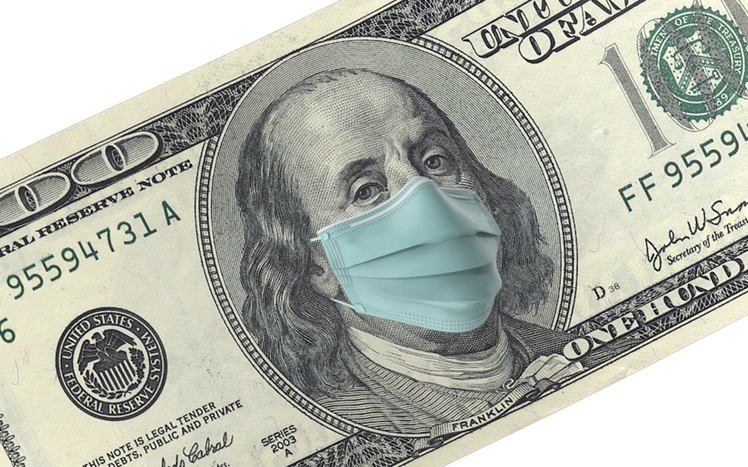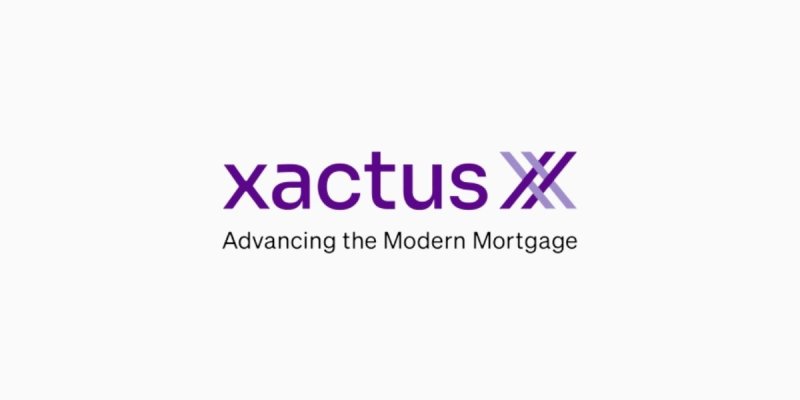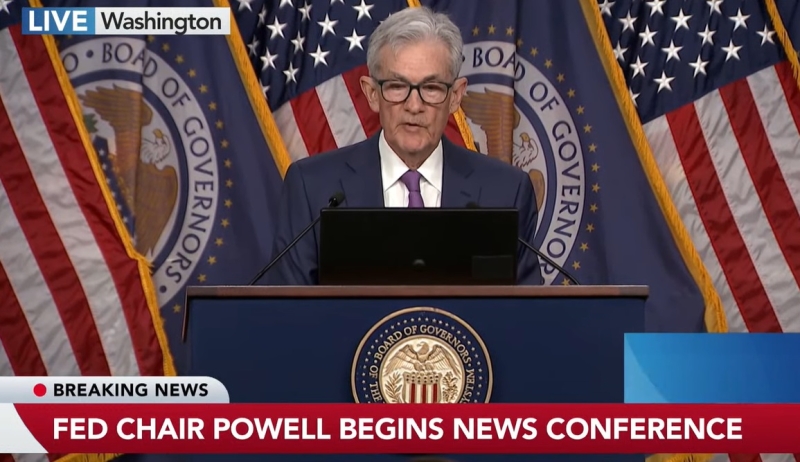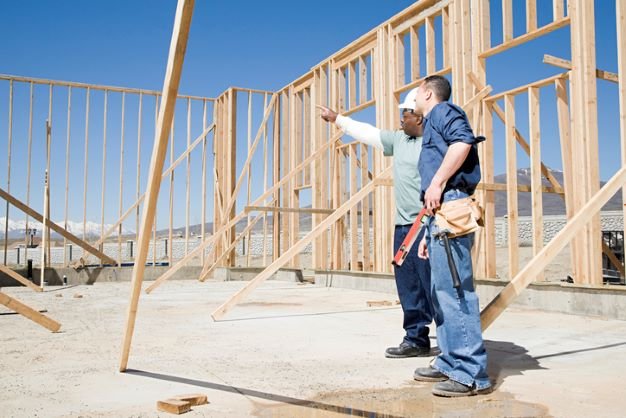
Did Pandemic Relief Fraud Boost House Prices?

New study suggests PPP loan fraud facilitated by fintechs played a role.
- The federal government provided more than $4.42 trillion in pandemic relief.
- Prices in “high fraud zip codes” increased 5.7 percentage points more than in low fraud zip codes in the same county.
Housing prices increased during the pandemic in part due to hot competition for homes, but a new study suggests that pandemic relief fraud facilitated by financial technology firms may also have played a role.
The 150-page white paper was published by three members of the Department of Finance at the University of Texas at Austin. It states that because pandemic fraud facilitated by fintech lenders “exhibited significant geographic concentration,” it offered a unique opportunity to study the effects of “excess local stimulus cashflow on local purchases and prices,” including on housing.
In a summary, the authors state that, “At the individual level, fraudulent PPP loan recipients significantly increase their home purchase rate after receiving the loan compared to non-fraudulent PPP recipients.”
They also found that house prices in “high fraud zip codes” increased 5.7 percentage points more than in low fraud zip codes within the same county, “with similar effects even after controlling for land supply, prior house price growth, teleworkability, population density, net migration, distance to central business district, and previous rates of remote work.”
The summary adds, “This effect is entirely driven by fraudulent loans from fintech lenders, and non-fraudulent lending has no such effect.”
The study notes that the federal government provided more than $4.42 trillion in pandemic relief, including COVID-19 unemployment benefits at $872 billion, the Paycheck Protection Program (PPP) at $793 billion, and the Economic Injury Disaster Loan (EIDL) program at $384 billion.
It also states there is “growing evidence that a sizeable portion of the funds distributed by” those three programs may have been fraudulent, and that “the lenders with the highest fraud rates were all FinTechs, whereas traditional lenders had low levels of fraud, consistent with loan screening.”
The study states that home prices rose at a historic pace during the 2020-21 COVID crisis. “Many factors may have played a role in this, including shifting preferences for housing, suburban growth, and regional migration,” it states. “The more than $4.42 trillion in various forms of government stimulus and programs may have also played a role.”
The study first looked at whether individuals who received pandemic relief payments through fraudulent means were more likely to buy homes. The study found that “the probability that a person receiving a suspicious PPP loan purchased a house increased by 17% after receipt of the suspicious loan.”
It continues, “Given the higher rate of house purchases by recipients of fraudulent PPP loans and the concentration of pandemic relief fraud, it is possible that house purchases by recipients of funds from the PPP and other government programs through fraudulent means distorted local house prices.”
The study adds that the “effect is large relative to other proposed factors explaining house price growth during the COVID period, and a horse race between PPP fraud and other factors shows that PPP fraud is robust to controlling for all of these other factors.”
The study also notes that, outside of the housing market, local PPP fraud also predicts consumer spending at the census tract level in 2020 and 2021, with a return to normal in 2022.
You can read the full study here.




